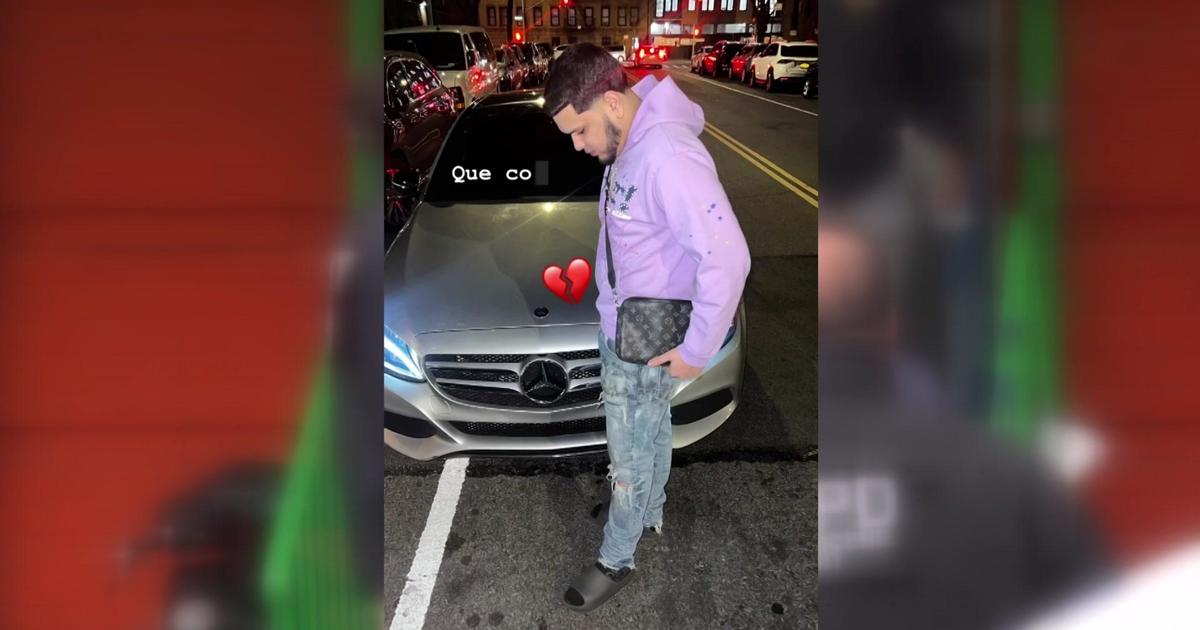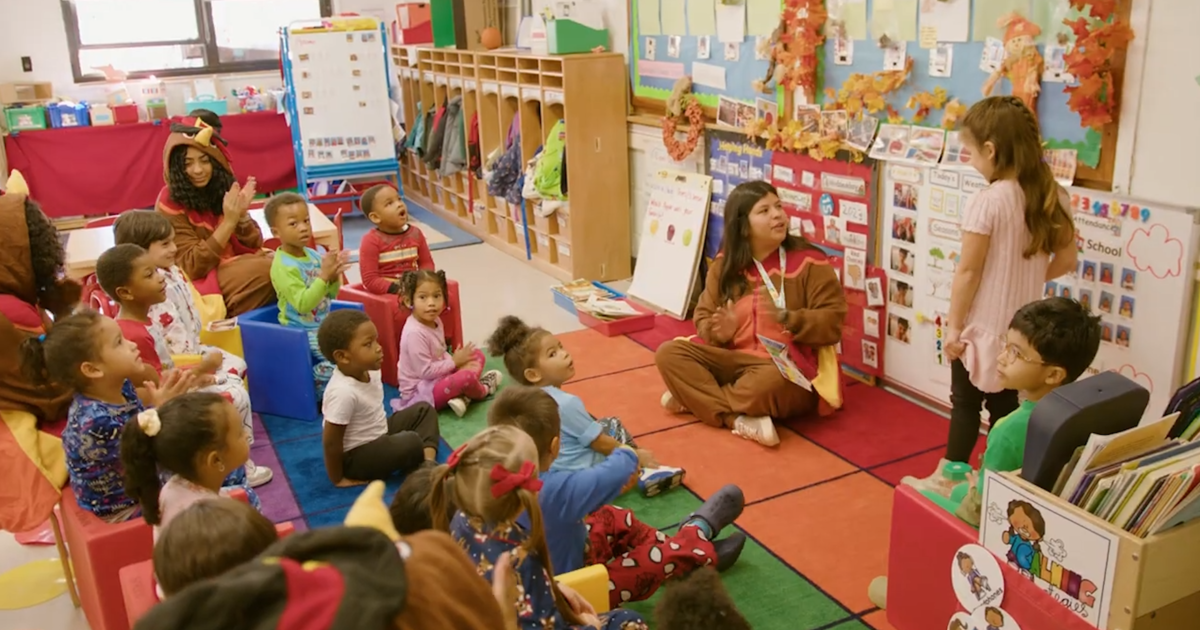No Evidence To Support 'Safety, Accuracy, Effectiveness' Of High-Tech Baby Monitors, Doctors Say
NEW YORK (CBSNewYork) -- There was a warning Wednesday, about high-tech baby monitors.
Some models claim to track vital signs, but are they accurate?
As CBS2's Valerie Castro reported, a review in the Journal of the American Medical Association said, "there is no available evidence supporting the safety, accuracy, effectiveness, or role of these monitors."
Mollie and Jeff Evans created the Baby Vida Monitor after their twin baby girls contracted RSV, an infection that causes breathing trouble.
Doctors told them to check the infants' breathing every 45 minutes.
"We thought, well, what happens between 0 and 45 minutes," Mollie said.
They enlisted a team of engineers and designed a sock with sensors that monitor oxygen levels and heart rate.
"We said that if we saved one child's life in being able to create this product for somebody, that it was worth it," she said.
Jordan Sell -- a 7-month-old -- wasn't always the healthy baby he is today.
Born six weeks early, his mother Jaime said his oxygen levels kept dropping during his stay in the neonatal care unit. He was hooked up to monitors around the clock.
Jordan was released after three weeks.
"We were concerned that not being hooked up to the monitors we couldn't see his heart rate," Jaime said.
They bought an Owlet Baby Monitor against the advice of NICU nurses.
"We decided to go ahead and get it anyway, it was worth every penny," Jaime said.
Devices like the Owlet are the focus of the JAMA viewpoint.
Authors specifically called out smartphone linked wearables like smart socks, onesies, and diaper clips.
The devices measure babies' biometrics like pulse rate and oxygen and then send those measurements to parents' apps.
In a statement, Owlet acknowledged a,"lack of evidence behind certain products," but said they are, "actively addressing and resolving these concerns."
"There is no evidence that they will help kids and there is some evidence of potential harm," Dr. Christopher Bonafide, Pediatrician, Children's Hospital of Pennsylvania explained.
Dr. Bonafide co-authored the JAMA review.
He said there's no way to prove their accuracy and they can lead to false alarms and unnecessary treatments.
"They could come into the emergency room, they may end up with blood tests, they may end up with x-rays," Dr. Bonafide said.
Because the companies don't make specific medical claims they are not regulated by the FDA.
The American Academy of Pediatrics advised against the devices, and said parents should keep children on their backs and leave nothing else in cribs like blankets or stuffed animals to prevent SIDS.



